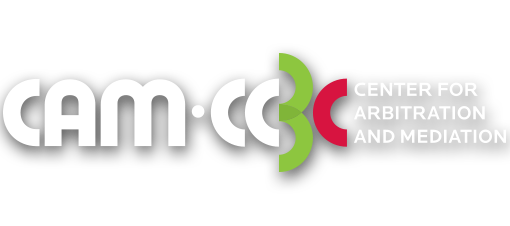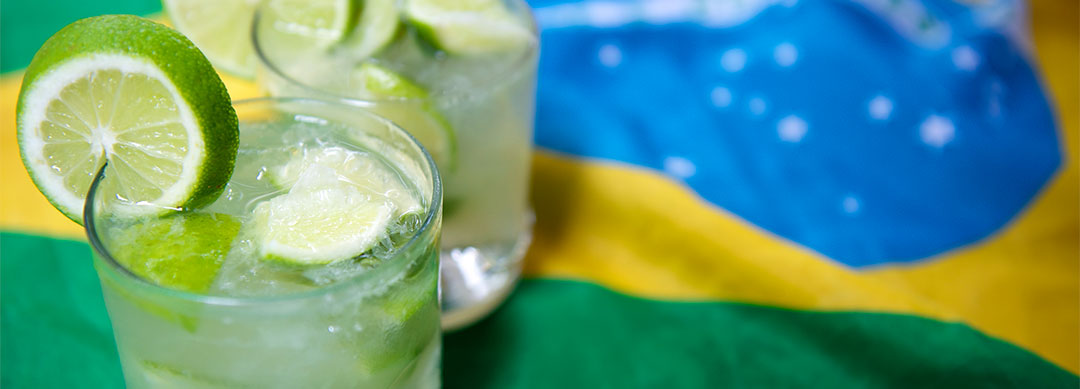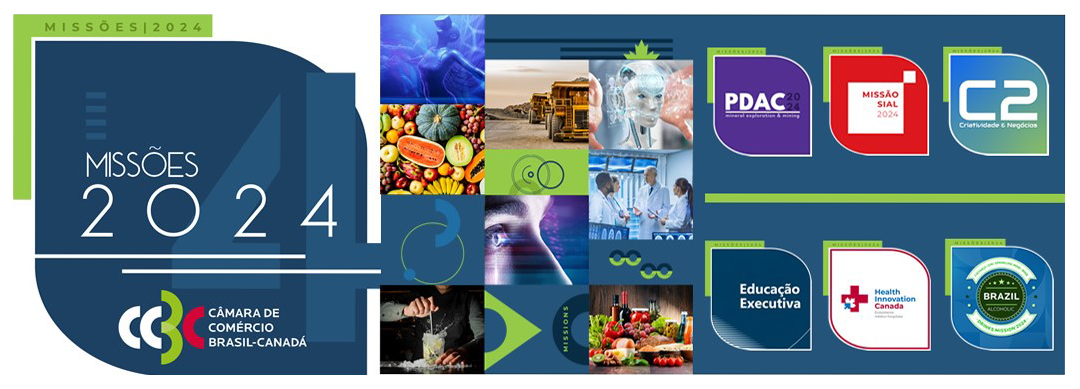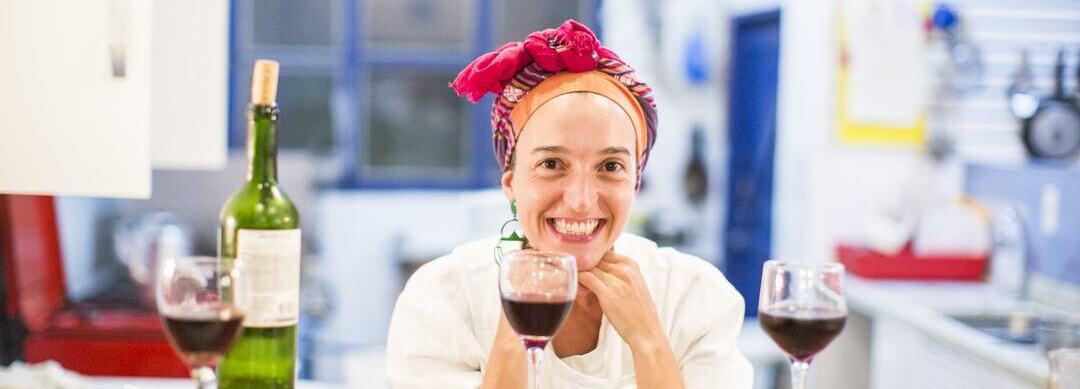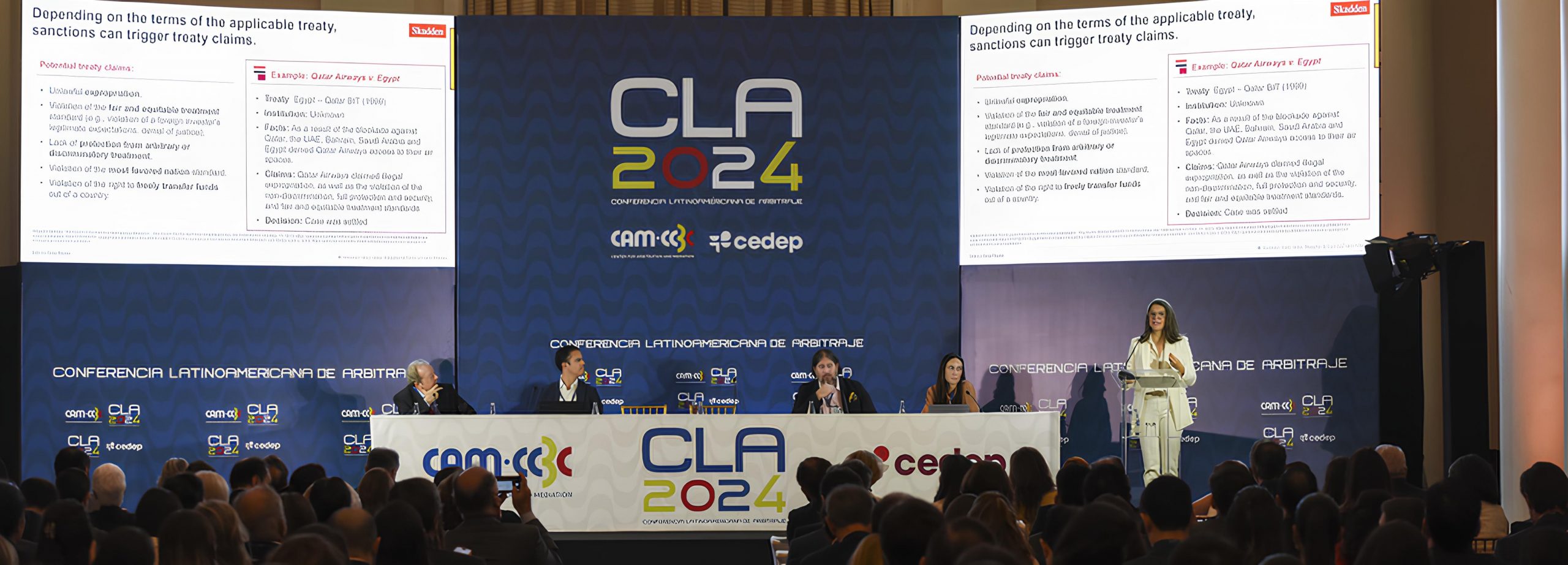Commercial visit scheduled by CCBC in April will bring Brazilian manufacturers and potential Canadian partners closer
By Sérgio Siscaro
The Canadian alcoholic beverages market is a great opportunity for Brazilian exporters looking to enter the country’s market. Although there is a national preference for beer consumption, other categories – as wines and distilled beverages – are becoming increasingly popular in Canada. Restrictions brought by the Covid-19 pandemic reinforced this scenario, especially considering alcoholic beverages are sold in specialized retail stores.
The Chamber of Commerce Brazil-Canada (CCBC) has identified this potential and is thus promoting, between April 11th and 23rd, another edition of its commercial tour focused on alcoholic beverages. The visit aims to bring Brazilian exporters and Canadian importers closer. “It is a very attractive market for Brazilian manufacturers, once the Canadian consuming market has a higher purchasing power and has been more open to new experiences – including Brazilian beverages” affirms CCBC’s International Business Consultant Armínio Calonga Jr.
Promising market
Canada is home to one of the largest alcoholic beverages’ markets worldwide and registered a per capita consumption of 109 liters in 2020, 20% above the Brazilian average of 90.8 liters. The country also surpassed Brazil in numbers for distilled beverages and gin consumption: 69% and 300%, respectively. The same tendency can be seen in the wine market: while Brazil’s per capita consumption in 2020 was 2.4 liters, Canadian’s reached 19.8 liters.
When individually assessed, these Canadian alcoholic beverages’ market’s niches offer very promising opportunities for Brazilian manufacturers. For instance, the consumption of distilled beverages increased 14% between 2015 and 2020, according to Euromonitor data, achieving 176 million liters. The consumption tends to keep rising up to 3.1% until 2025. The gin category corresponded to 6% of the distilled beverages consumption (11.9 million liters); this category’s consumption increased 51% between 2015 and 2020 and is expected to grow 8.7% until 2025. Wines also stand out, with a growth of 9.1% between the same dates, achieving 596 million liters, a number that should grow another 13.3% until 2025.
Apart from these positive tendencies, the Canadian market is also attractive for Brazilian manufacturers due to its characteristics that allow for capillarity in distribution. “Alcoholic beverages’ sales are controlled by public companies in Canada and the commercialization is made by liquor councils, through agents. Therefore, local importers have only one customer, disposing of capillarity for product distribution in each province”, he explains.
CCBC’s mission
Following similar initiatives promoted by CCBC, the tour’s members will take part in tasting events in Calgary (Alberta) and Vancouver (British Columbia), in which potential Canadian importers may taste their product. Business meetings with possible commercial partners and workshops concerning beverages’ packaging, labeling and registering according to local legislation and authorities are also part of the schedule.
The mission’s attendees will also be able to experience the Salon International de l’Alimentation (Sial), the most important food and beverages business fair in North America, which will take place in Montreal (Quebec) between April 20th and 22nd, to expand their local contact list. The attendees will be able to expose their beverages, participate in business rounds and attend degustation dinners.
Registration for the tour will be accepted until February 25th. Interested parties may contact CCBC at [email protected].
